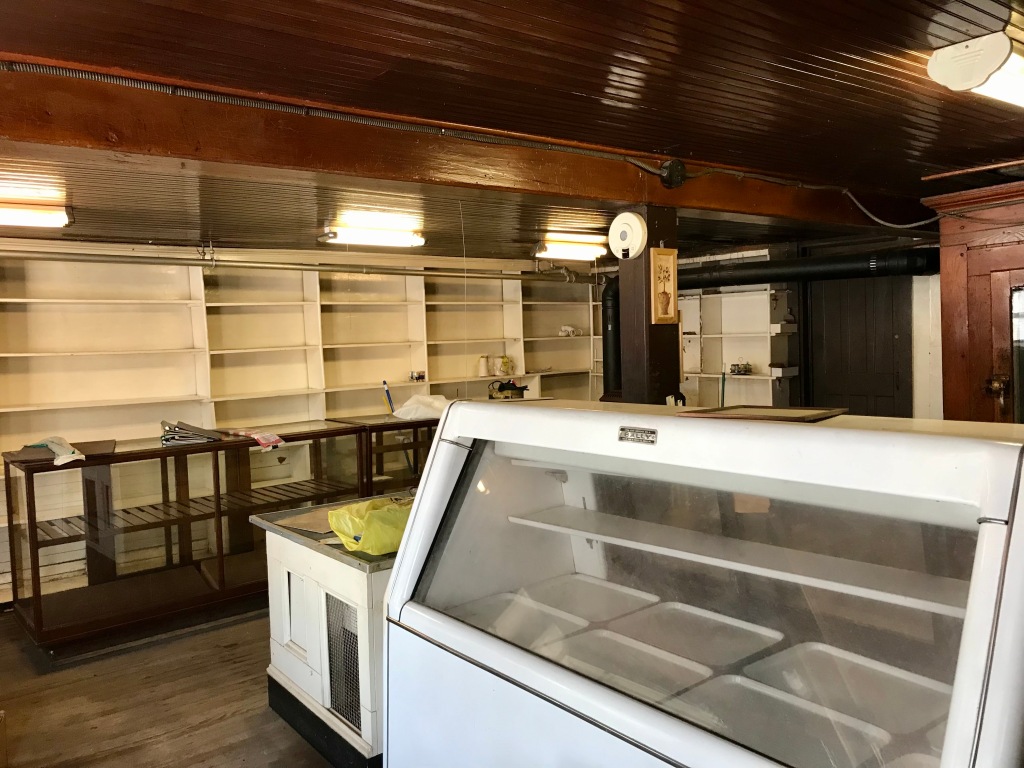
I was unexpectedly promoted to stage manager of the New York State Blues Festival over the weekend, and quickly learned the three most important phrases are “Hi, I’m Tim,” “how can I help you?” and “Thank you.”
When I showed up to volunteer stage crew Saturday morning, I wasn’t expecting the festival director to walk up and ask if I could stage manage — the person doing it previously wouldn’t be able to — but he said I’d observed enough and thought I could do it. I tried to sidestep the usual Imposter Syndrome and warned him I’d ask a lot of questions, but he was good with it.
When I have a reason and purpose to speak with people, it’s much easier approaching them. So when I saw a musician come into the backstage area, it was easy enough to walk up and say “Hi, I’m Tim, the stage manager.” I sometimes added with a smile, “It’s my first day in this role, so please be patient.” Honestly, humility and humor go a long way.
“How can I help you?” and “How can we help you?” are key parts of volunteering anywhere, and this stage work included an awesome and experienced crew in Tom, Carmen, Jack and Frankie. I couldn’t have managed without such wonderful folks all willing to do whatever it takes. The musicians appreciated that, and told us quite frequently.
And finally, “thank you” is so important because everybody — whether a performer getting a check or a volunteer — is giving generously of themselves. One of my duties was to tell folks on the side stage when they had one song left or to wrap it up. I knew how much fun they were having, so after they finished up, I thanked them enthusiastically and told them how awesome they were.
Along the way, this honor and privilege and darn fun opportunity taught me a valuable life lesson. The phrases “Hi, I’m Tim,” “how can I help you?” and “thank you” are important to say any and every day.







